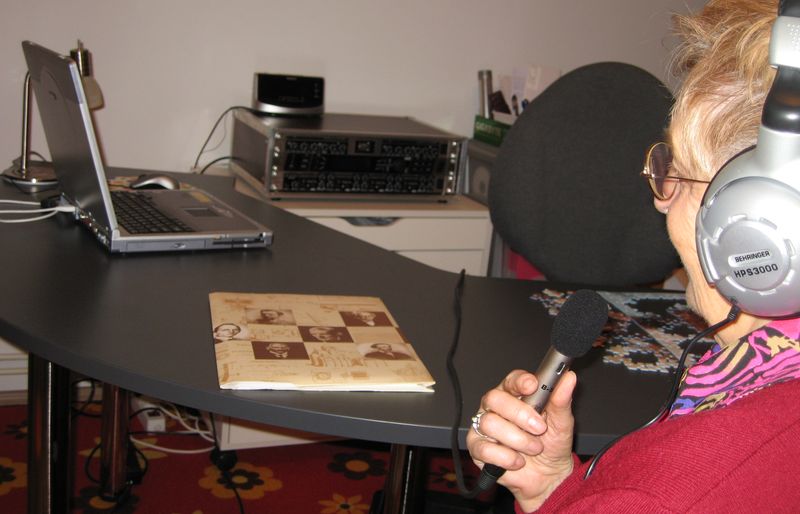
ADULTS
. . .
IN ADULTHOOD WE WORK ON THE CONSEQUENCES (LOSS OR DISORDER IN THE ADOPTED LANGUAGE AND SPEECH) OF BRAIN TRAUMAS, DEGENERATIVE CNS DISEASES, VASCULAR LESIONS, TUMOURS AND VARIOUS TYPES OF CNS DISINTEGRATION.
PEOPLE WITH ORGANIC BRAIN DAMAGE CAN HAVE PERCEPTION DISORDERS, DIFFICULTIES IN REMEMBERING, MEMORIZING AND MEMORY, ATTENTION DISORDERS AND ORIENTATION DISORDERS.
PERCEPTION DISORDERS - the inability to recognize sensory stimuli; results in agnosia - auditory and visual. A phenomenon of neologisms may occur, i.e. a person cannot find the word to describe a certain perception or the sensory quality of a perception - so he or she describes and creates a new word.
DIFFICULTIES IN REMEMBERING, MEMORIZING AND MEMORY - confabulations are used as substitutes for some forgotten event and paramnesias as distorted memories for new events. There is an inability to keep the registered observation in the form of the so-called engram to be later brought back as a memory, i.e. digging up old engrams.
ATTENTION DEFICIT DISORDER - formal and substantive thinking disorder (which is closely linked to verbalization or written expression). In severe forms we are talking about complete disintegration of content, a stream of words, crowding - the person is completely unintelligible, and his or her speech is full of neologisms and confabulations.
ORIENTATION - the ability to understand developments in the environment and understand our own relationship with the environment and vice versa; problems in orientation can occur in extremely tired people, or in a case of a sudden awakening. Orientation typically comes back after a few seconds, but with if there is some severe brain damage it can lead to permanent disorientation.